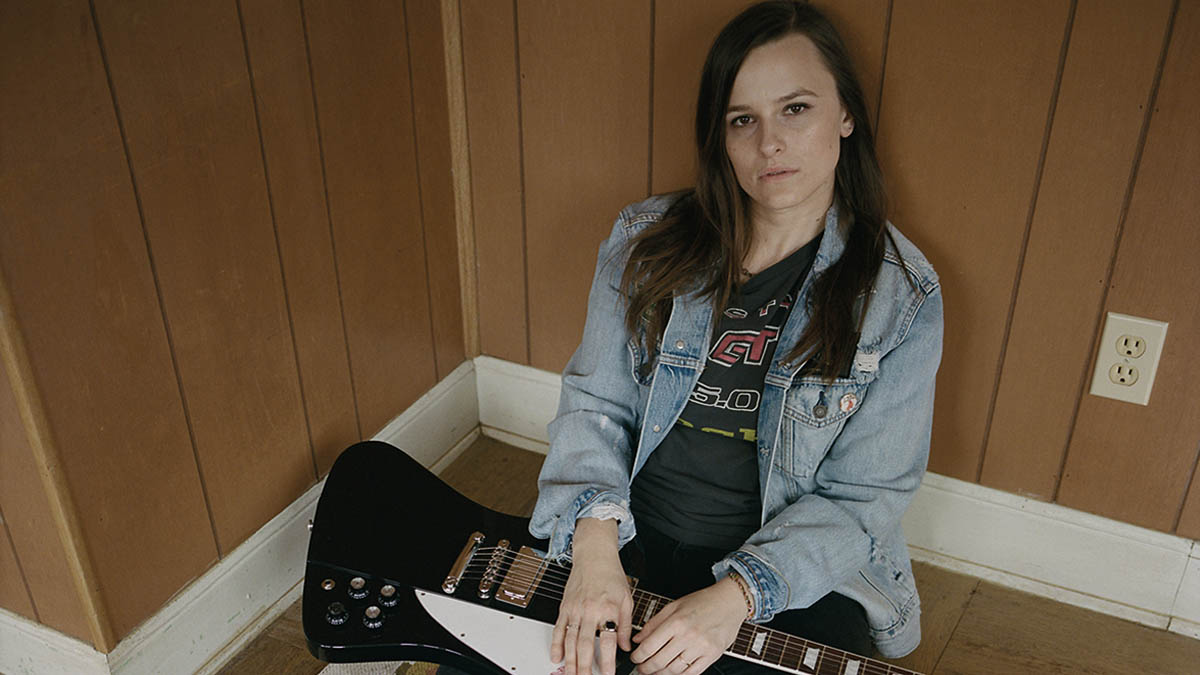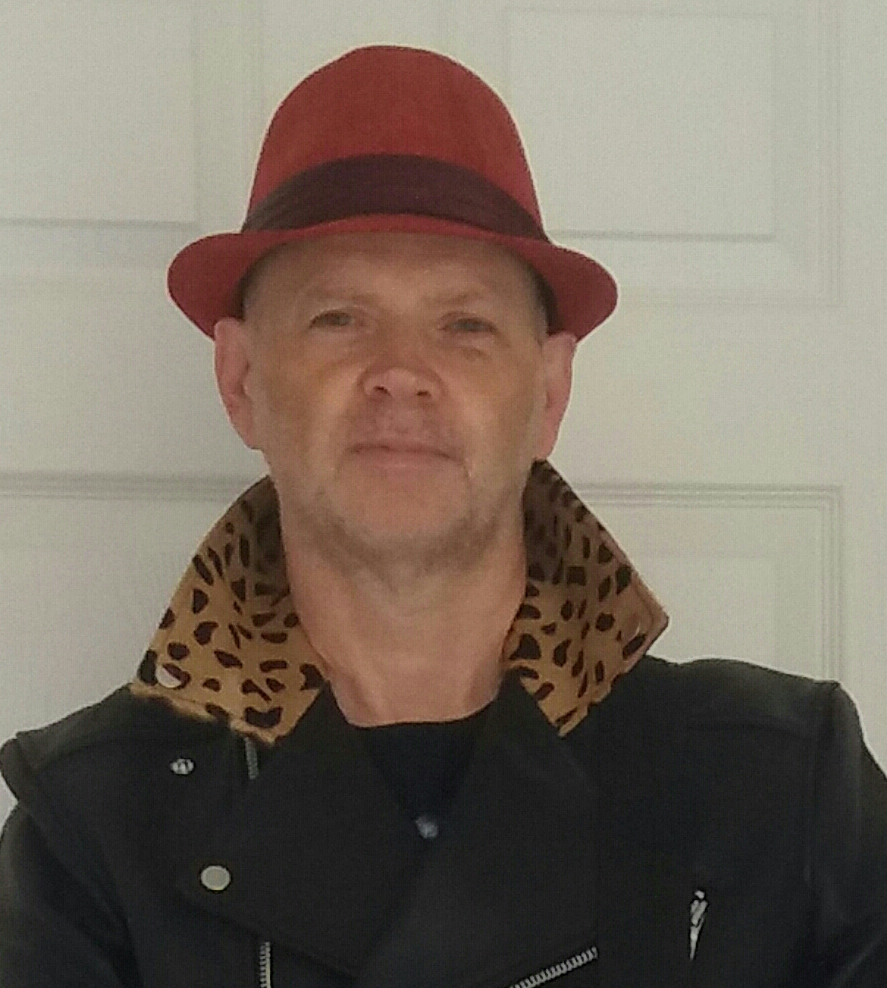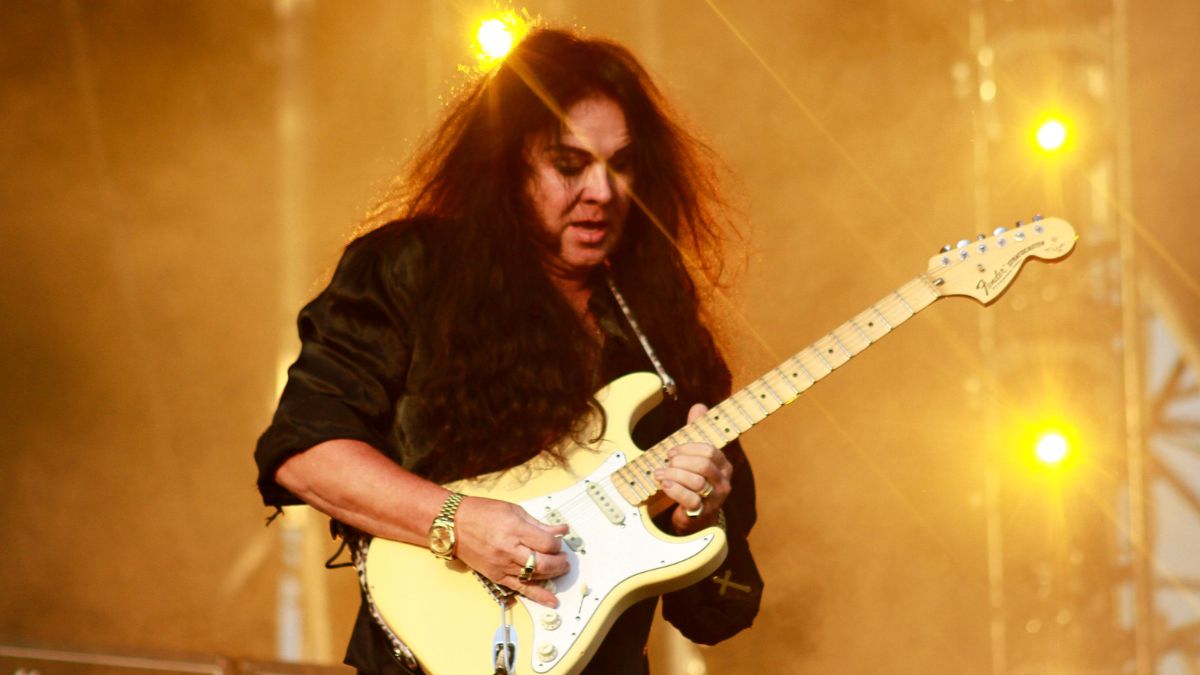Emily Wolfe: “Modern pop songs are immediately stuck in your head. To me, that’s the point. I would defend pop music to my grave”
The Austin, Texas-based rock maverick reveals how she gets her super-hot guitar tone and explains why the hooks are all over new album Outlier

Emily Wolfe's sophomore album, Outlier, takes her bluesy rock stylings and adds a sheen of pop gloss to the recipe, thanks to producer Michael Schuman’s ear for commerciality. That shouldn’t come as a surprise; Wolfe has been vocal about her equal appreciation of Ariana Grande and Stevie Ray Vaughan.
“To me, pop is so important and so relevant. When you listen to modern pop, those songs are immediately stuck in your head. To me, that’s the point of art, to stick. I would defend pop music to my grave.”
Wolfe started playing at age five but had a couple of false starts before she found her groove. “It didn’t come easily at first – it definitely took a minute. I started to try to teach myself, and then I had a lesson with somebody who told me I wasn’t any good, which deterred me a little, but when we moved from North Carolina to Texas, I definitely latched onto the guitar as a way of coping with being in a new place as a teenager. It evolved from there.”
Wolfe’s guitar sound is a rich, mid-heavy crunch that has elements of Billy Gibbons’ sonic signature. “He’s a big influence. I tried to emulate his tone a lot – super midrange-y and chunky. I love midrange stuff, especially with my Epiphone Sheraton, which has such a fat sound and sits really well in the mix.”
The Sheraton she’s referring to is actually her signature guitar. “I play that model now; it’s identical to the ones in stores. The first prototype had super-hot pickups that didn’t work with the body, but we changed to low-output pickups. It just really sings.”
Wolfe’s pedalboard is packed with effects to help achieve that thick, chewy tone: “There are three key pedals that I gravitate toward: EarthQuaker Device’s Tentacle, which is an octave-up pedal; a Fulltone OCD; and an MXR six band EQ. Before that in my chain, I use an Origin Effects Cali 76, which is a fantastic compressor; it’s so transparent, but it seems to make me play better.”
“Live, I use a Fender Deville 410 because it’s super-reliable. In the studio, I use a variety of amps from Silvertones to old tweed Fenders and a Concert Reverb 4x10, which is the most amazing-sounding amp I own, but if I move it out of its place physically, I’m afraid it’ll fall apart.”
Get The Pick Newsletter
All the latest guitar news, interviews, lessons, reviews, deals and more, direct to your inbox!
Wolfe is unabashed about her desire to score hit singles. “I feel like that is the goal, but I also want to make sure the songs I write come from a place of honesty, not just anything to get a hit. The point for me is for the song to be something that will resonate with people on a level they didn’t realize that they could feel; the priority for me is realness in everything I do.”
- Outlier is out now via Crows Feet Records.
Mark is a freelance writer with particular expertise in the fields of ‘70s glam, punk, rockabilly and classic ‘50s rock and roll. He sings and plays guitar in his own musical project, Star Studded Sham, which has been described as sounding like the hits of T. Rex and Slade as played by Johnny Thunders. He had several indie hits with his band, Private Sector and has worked with a host of UK punk luminaries. Mark also presents themed radio shows for Generating Steam Heat. He has just completed his first novel, The Bulletproof Truth, and is currently working on the sequel.
“More people play stop-tails than guitars with locking tremolos. We dig both”: EVH delivers on its hardtail promise and launches the Wolfgang Standard T.O.M. – which vows to take Eddie's legacy to new heights
“I didn’t think anybody would believe I got it from George Harrison. I figured they’d call me a liar”: Vintage guitar guru Norman Harris names the 5 most memorable guitars that have come through Norman's Rare Guitars








![[from left] George Harrison with his Gretsch Country Gentleman, Norman Harris of Norman's Rare Guitars holds a gold-top Les Paul, John Fogerty with his legendary 1969 Rickenbacker](https://cdn.mos.cms.futurecdn.net/TuH3nuhn9etqjdn5sy4ntW.jpg)


